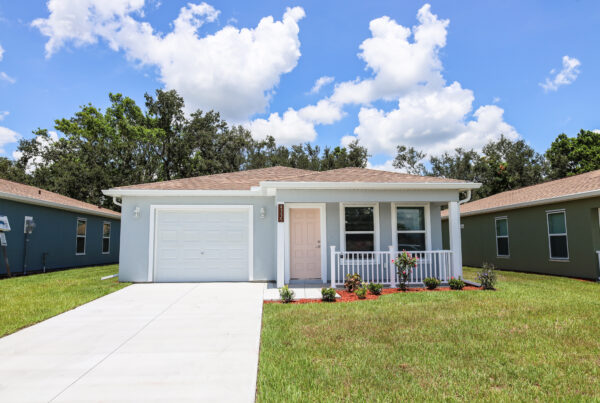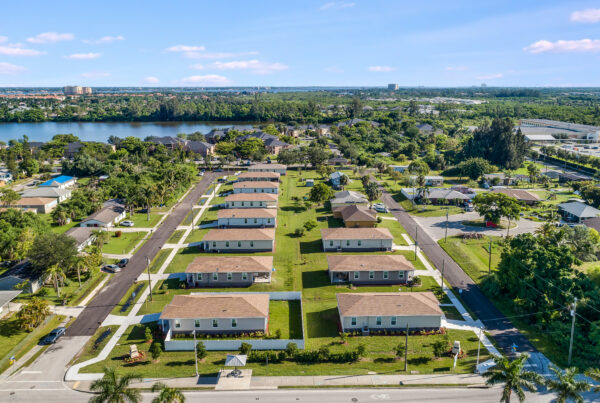
By Jake Burbach

The median home price in Lee County has spiked nearly $100,000 in just ten years.
Rent is due, and millions of American families struggling to afford their payments face housing instability.
As the coronavirus/COVID-19 pandemic continues to run its course, communities in Southwest Florida and throughout the United States are grappling with seldomly discussed, yet longstanding economic realities. Businesses are closing, causing millions of wage and tipped workers to experience unemployment and (or) reduced income.
Collectively, we find ourselves in a uniquely vulnerable position where a large swath of the American population is just one missed paycheck or medical emergency away from financial ruin—so how did we get here?
Certainly, there are universal answers, including a multi-decade transition from an economy driven by manufacturing to one that prioritizes low-wage, service industry jobs. Or a lack of structural resiliency in our consumer-based economy that’s overloaded with record levels of consumer and corporate debt.
Indeed, these factors have adversely impacted our ability to respond to this moment. However, during this pandemic, perhaps the most significant challenge facing low to moderate-income families in Southwest Florida is housing instability.
For many Lee County residents, housing challenges have been exacerbated tremendously throughout the past decade. The cost of rent has risen faster than anywhere in the United States; the median home price has spiked nearly $100,000, and when adjusted for inflation, wages increased a measly one percent.
With a preponderance of new housing being tailored to retirees and seasonal visitors—housing developments in the affordable market remain constrained. This limited supply of affordable housing forces low-income families to compete with one another for available units.
Today in Lee County, there’s a shortage of 34,000 affordable housing units, and more than 52,000 households spend over half their income on a place to live. These families are severely cost-burdened, stretch each paycheck to its absolute limits, and are often forced to make impossible decisions.
Their choices are between putting quality food on the table, having access to medical care, owning reliable transpiration, or simply keeping a roof over their heads.
With the coronavirus outbreak disproportionality affecting these families, many will be unable to pay rent or cover their mortgage in the coming weeks and months. Unemployment claims will continue to skyrocket, but the support won’t be enough. Federal stimulus checks will be mailed, but the cash will primarily go to debt servicing. The treasury will be looted, but it won’t go to the people.
A bottom-up recession will cascade through all sectors of the economy—cratering consumer spending and leaving our low-income families in an even more precarious position.
With no indication that wages will rise anytime soon for low-income workers—it’s incumbent to expand access to affordable homes and rental units. Ensuring that every family in Lee County has an opportunity to purchase an affordable home or find an affordable apartment is crucial to building economic resilience.
By empowering families to afford basic necessities, cover their housing costs, and save for an emergency—we can create an economy that’s not susceptible to implosion after workers miss one paycheck. And to do so isn’t overly difficult—it merely requires a realignment of our collective priorities.
Utilizing public policy, we can remove current barriers to the development of affordable housing and provide much needed economic opportunity for hardworking families. Together, in partnership, we can demand policies that promote affordable homeownership, thereby enabling families to build wealth through home equity.
We know that strong and stable families build strong and stable communities, and if low-income families are uplifted through affordable housing, we can build a strong, stable, and resilient economy that benefits everyone.
Tell the Federal Government to support economic & housing resiliency








